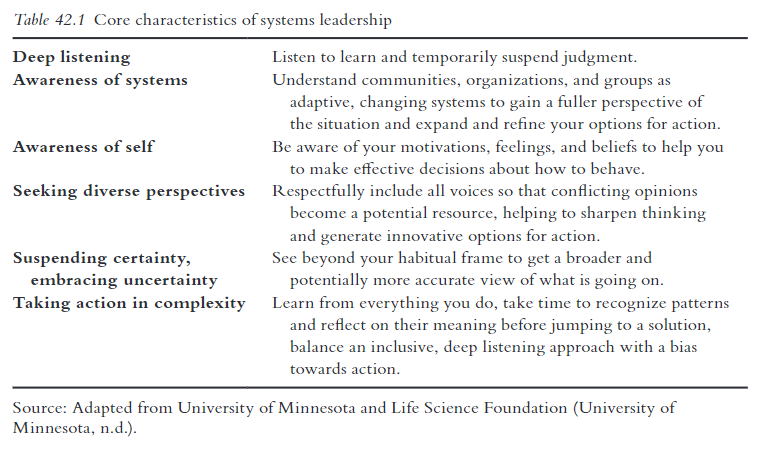
Challenging received wisdom and spreading innovation: Lessons from the Youth Justice Board
How the UK’s successfully reduced youth crime with smarter insitutions that delegate power and encourage experimentation
story
Read this if you
This case study illustrates how society can be creative and productive during a crisis (such as the COVID-19 pandemic) through collective intelligence.
This is illustrated with the example of the Collective Leadership for Scotland network, a collaborative initiative led by the Scottish government. Their work is primarily led by the action inquiry approach of Theory U.


Use Theory U – or any other action inquiry approach – when working with cross-boundary groups trying to solve complex or “wicked” societal issues

Have a clear appreciation of the power and importance of relationships. We can’t foster collective leadership by telling people to do it. It is not always obvious how we need to work together and people can inadvertently try to impose, or look for, hierarchy within a collective. As a facilitator, it’s essential to notice and name this when this happens, for the benefit of the group.

Create and strengthen connections with what others are doing: the established sectors, passionate individuals, and organizations committed to engaging differently.

Make a commitment to support colleagues to do the work where they are. Facilitators trained in complexity theory (e.g., through the “Facilitating in Complexity” program) and a well-developed understanding of group dynamics are crucial so that issues that are difficult or avoided can be addressed in the moment.
Read the in-depth case study
Inspiration, key principles, practical do’s and don’ts
In open acess thanks to the Porticus Foundation
Quick facts

Methods
Policy making steps
Contributors

Related stories

How the UK’s successfully reduced youth crime with smarter insitutions that delegate power and encourage experimentation

Dreaming, remembering, scaling and innovating boldly to spread good ideas

What if youth labeled as “juvenile delinquents” can instead be engaged as key stakeholders in resolving challenges in their communities?
For policy makers, researchers, activists and practitioners of collective intelligence

Every 2 weeks, you’ll get: